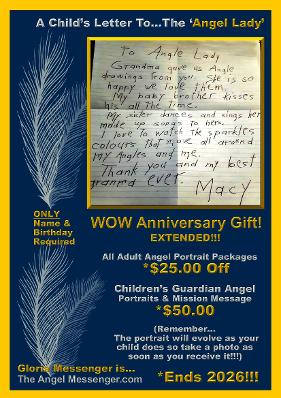When I was a teenager the description of Billie Holiday from any adults around me was always, “She was a drug addict!”
It was never expanded on in fact that was pretty much the end of the conversation. I never heard about how talented she was and or heard any clips of her songs. Anything I ever saw or heard reflected her affliction far more than her AMAZING voice and song choices... even at the risk of her freedom.
Needless to say… When I heard about her biographic book followed by the movie, The Lady Sings the Blues, I almost didn’t watch it or read about her because…who wants to watch another person’s decent into their self undoing. But something said I needed to, and I learned a lot about this strongly convicted (yes in both the intellect and physical sense) woman.


